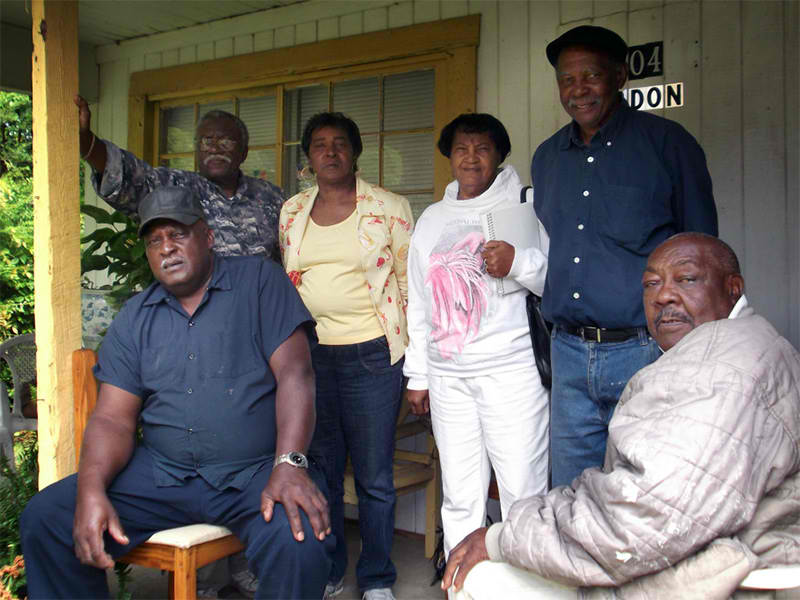Suing City of Rochelle, GA, Over Decades of Sewage Dumping
In Rochelle, Georgia, environmental injustices abound as the city government continues to discharge the city’s raw sewage onto the properties of African-American citizens. Earthjustice is suing the city under the Clean Water Act to stop the unpermitted discharges of raw sewage.
Regional Office / Program
Case Overview
White residents of Rochelle, Georgia, live on the south side of the city’s railroad track. African-Americans live on the other side. The city has failed to maintain and repair sewage pipes on the African-American side of town. As a result, untreated sewage backs up and overflows into the streets and the yards of residents on the north side of the tracks.
On behalf of those residents, Earthjustice notified the city in May 2013 that if problems were not fixed in 60 days, it would file suit under the Clean Water Act to stop the unpermitted discharges of raw sewage from manholes, broken pipes and a ditch. The suit would also prevent the city from bypassing its sewer system and endangering public health by forcing citizens to release sewage into their yards in order to keep it out of their homes. These discharges and bypasses are violations of the Clean Water Act. In August, as the result of the city’s inaction, Earthjustice was forced to file suit on behalf of a group of African-Americans affected by the sewage pollution.
The city’s sewage conveyance pipes date back to the 1940’s. Sewage backs up in underground pipes during heavy rains, making it flow up into African-Americans’ houses through bathtub and shower drains. To keep the sewage out of their houses during heavy rains, residents remove plugs from sewage pipes to make the sewage pour into their yards instead of their houses.
The residents have to shovel and bury fecal matter, toilet paper and other noxious debris left in their yards after sewage overflows, which have taken place three or four times a year for decades.
The sewage from manholes and broken pipes flows into the streets and to the ditch along the north side of town, which discharges to Mill Creek. This is a clear violation of the Clean Water Act and the city’s permit. Once a favored fishing stream used by people in the neighborhood, Mill Creek is now so foul it is no longer used at all.

Case Updates
Case page created on May 1, 2013.